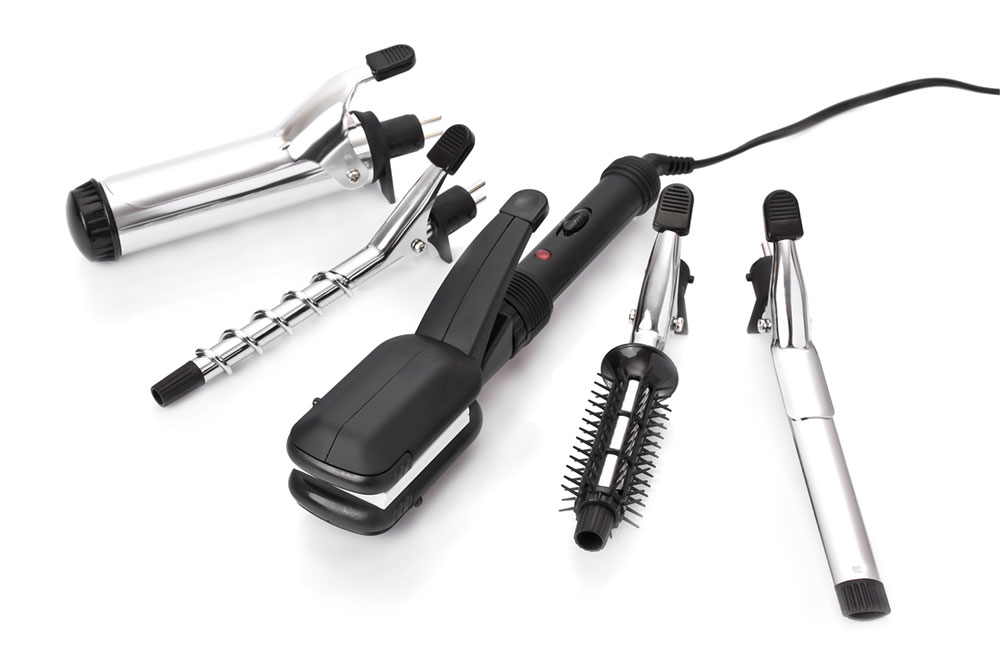6 mistakes small business startups must avoid

Starting a business of any size requires a whole lot of patience, effort, skill, and, of course, resources. Further, to make the investment of human and physical resources pay off, it is important to adopt the right practices and tread carefully in the initial stages of a startup. The process can involve a lot of trial and error, but here are a few major mistakes one can avoid while setting up a small business:
1. Skipping market research
A clear understanding of the market and the target audience is a crucial aspect of starting and running a successful business. Before setting up a startup, one must have a proper knowledge of the segment that they are entering. They must know their target audience as well as competitors. One must also study their target audience in detail to understand their preferences and complaints regarding available products. Following thorough market research, they can develop new products or services and improve upon existing ideas to stand out. Further, entrepreneurs must understand their competitors’ approach to learn more about the market. Without such research, a startup may find it difficult to grow.
2. Not making a clear plan
A clear plan for a startup is like laying a foundation for a building. To allow the structure to grow and become indestructible, the foundation has to be strong. So, when starting a business from scratch, one must begin by drafting a basic plan. This outline does not have to be complicated and extremely rigid. It only needs to be clear so that everyone involved knows the business objectives and strategy to meet these goals. The plan must make the following elements very clear:
– The short-term and long-term goals of the business
– The desired impact of products or services being offered
– Growth and expansion strategy for the future
Over time, as the startup grows, the plan can grow, too, gradually incorporating elements like cash flow planning, strategy for hiring and managing employees, inventory management plans, strategy for acquiring and retaining clients/customers, and so on.
3. Misallocation of funds
For small startups and businesses, it is extremely important to spend money carefully. Entrepreneurs must identify the key aspects of their business that need more investment. Similarly, they must also identify unnecessary expenses that can be avoided in the initial stages. For instance, if a startup can function with its employees working remotely, the entrepreneur need not spend money to rent an office space. Instead, they can direct their funds toward things that would actually benefit their business, like providing better salaries to employees.
4. Undervaluing the product
A big mistake that new startups must avoid when they are launching their product is undervaluing it. Entrepreneurs may be inclined to set low prices to seem better than their competitors. However, in the long run, this could impact the business negatively. For instance, a low-priced product may be perceived to be inferior in quality by the target audience. Additionally, if a startup prices its products or services too low, it may struggle to make profits or even meet its operational expenses.
5. Rushing the hiring process
Building a workforce is a crucial step for startups. It helps one manage the operations and the clients better, which would eventually lead to the growth of the business. However, in the initial stages, it is better for a startup to delay hiring full-time employees as long as possible and instead opt for freelancers or part-timers. Also, when it is time for a startup to begin hiring full-time workers, it is important to be patient during the process. This is because each applicant’s skill level, experience, and other similar factors have to be carefully considered to determine if they are the right fit. This can influence the initial growth of the business.
6. Ignoring intellectual property rights
For any business, the products or services are the most important assets. If the offering is something unique or self-created, one must protect it. One can do so by applying for relevant patents and copyrights. Besides its products, a small business startup must also protect its other intellectual properties (IP), like the name of its business, its tagline, trade secrets, and other creative inventions that contribute toward building the identity and USP of the business. Failing to protect intellectual property can expose business creations to theft and unauthorized use.






